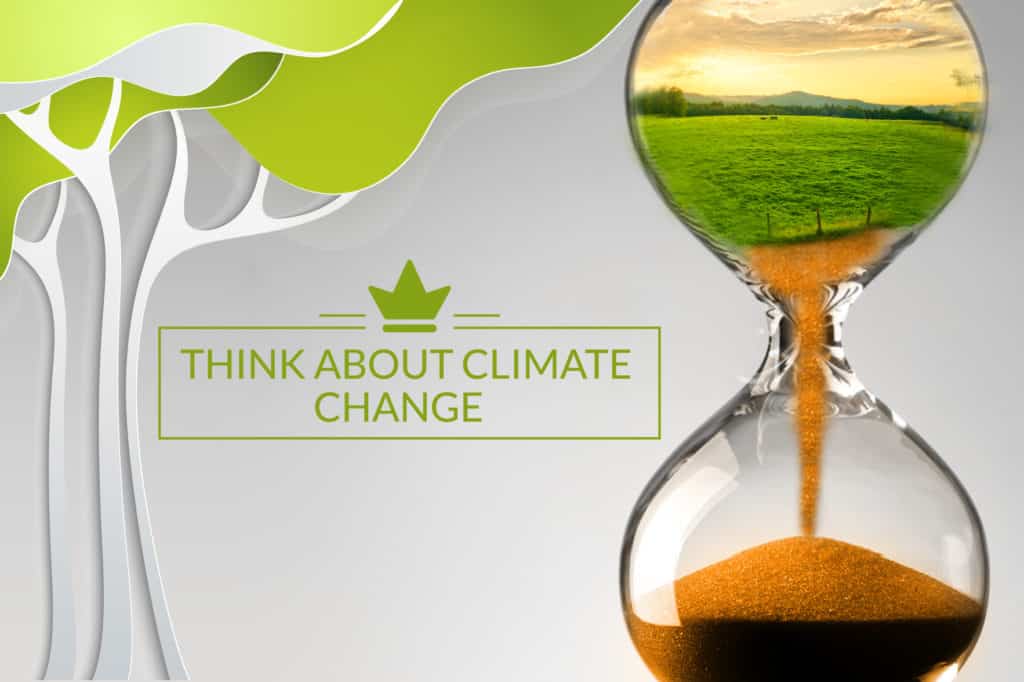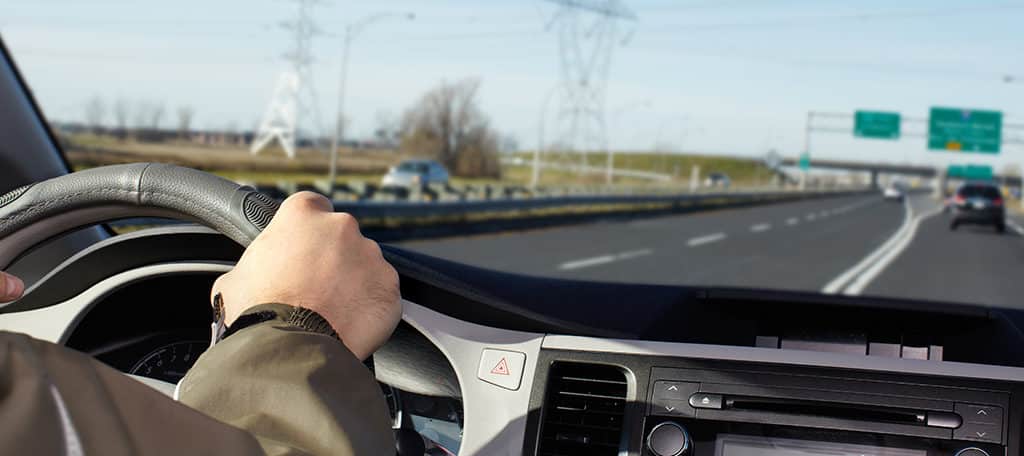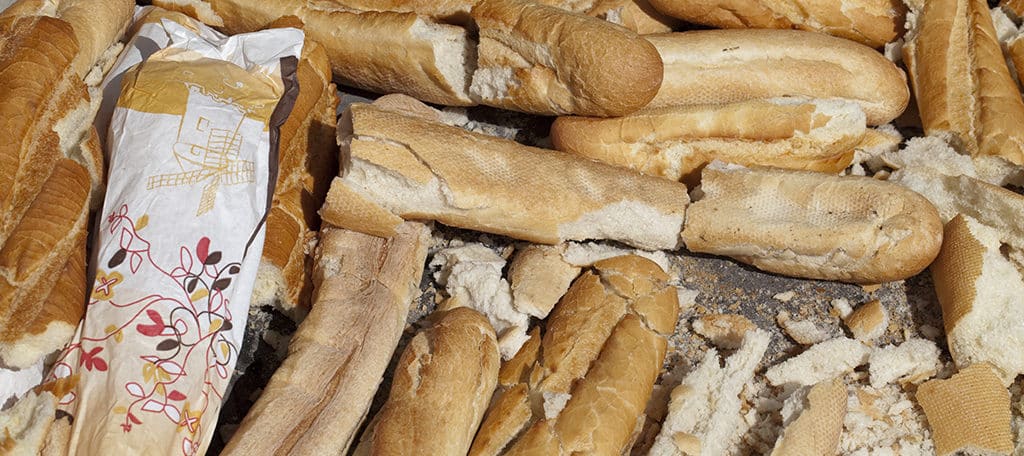
When many of us think about climate change, we place responsibility squarely on the shoulders of big industry. While it is true that our world’s fossil fuel power plants, manufacturing and transportation industries are the top greenhouse gas (GHG) contributors, it stands to reason that each individual is also contributing on some scale.
When you add all of us together, it becomes clear that if every individual made modest lifestyle changes each day, we could significantly slow the momentum of the planet’s destructive warming trend.
And these changes in your lifestyle can go beyond creating an eco-friendly home.
Below are six things you and I might be doing every day that cause damaging emissions and some suggestions for easy fixes.
1. Driving Solo

Perhaps you number among the 76.3% of American workers who commute to work by private vehicle every day.
You may think that a single commuter’s daily emissions make little difference in light of the number of vehicles on the road.
Unfortunately, this isn’t really the case. Consider how a single average passenger vehicle emits roughly 4.6 metric tons of carbon dioxide per year. Now, imagine your commute to and from work and see how many of these cars and trucks are on the road.
And this is just your little corner of the planet.
Carpooling, taking public transportation or cycling to work will make a significant dent in each commuter’s carbon footprint. Collectively, the reduction in GHG emissions would be significant.
If all carpoolers drove super-efficient hybrids or electric vehicles, the emissions reduction would be revolutionary.
2. Idling Away the Day

It isn’t just vehicles in motion that add to global warming. Cars and trucks in idle mode are just as damaging. Leaving the car running when waiting for a train to pass or stepping into the convenience store is second nature to many drivers.
However, as the Environmental Defense Fund reports, an idling gas-powered vehicle emits as much carbon dioxide as a moving one.
EDF makes the following suggestions for kicking the idle habit:
- Shut off the car when you must wait more than 10 seconds
- Don’t warm up the car in idle mode; driving it is just as effective
- Warm up the interior while driving, not idling
- Remember that idling is hard on your engine, and it wastes fuel too
3. Making Meat a Menu Staple

The agricultural industry contributes more than 8% overall to climate change, and raising livestock for the grocery store releases about a third of the industry’s GHG emissions.
The primary emission is methane, which experts say is more environmentally destructive than CO2.
Consumers can directly reduce the demand for beef, pork and other commercially raised meat by making slight changes in their daily menus. In reality, giving yourself proper portion sizes of food can reduce the need for animal products while keeping the body healthy.
For instance, an 8-ounce steak is actually almost three meal portions of meat.
4. Maintaining a Big Lawn

If you have a lawn, you are well aware of the work it takes to keep it lush and manicured. As it turns out, all that work contributes GHG too. Gas lawn mowers, gas-powered leaf blowers and other power equipment produce damaging carbon emissions.
Commercial fertilizers emit nitrous oxide, another GHG, according to Michigan State University.
Big lawns require lots of water at certain times of year, a resource that is becoming scarce as summers heat up. One way we can address lawn problems is by gradually replacing traditional grass with low-maintenance, drought-resistant ground cover.
Adding hardscape areas such as courtyards, seating areas and pathways also reduces lawn space.
5. Wasting Consumables

Waste hastens global warming by supporting high demand for processed foods, fresh produce and restaurant fare. In reality, roughly 33% of the world’s food is wasted or lost each year. And that food needs to be replenished.
Food production and processing, transport and delivery and ultimate disposal of waste all produce GHG emissions. Throwing good food away not only keeps the demand for these processes needlessly high; it also damages the environment.
The most important change of habit is shopping more judiciously. We should buy only what our families can eat. Secondly, we need to kick the habit of throwing leftovers away and eat them while they are still fresh.
6. Wasting Electricity

Over-charging electronics, leaving televisions running, using inefficient appliances and forgetting to turn off lights are all habits that are ingrained in our daily lives.
As a result, American homes use more than 10,700 kilowatthours each year. With 62.7% of domestic electricity generated by fossil fuel-burning power plants, this runaway usage is a big contributor to GHG.
In fact, things like the HVAC system and water heater can easily consume up to 61% of the power coming into your home right now.
If more individuals took responsibility to change their daily habits at home and at work, they could reduce their electric consumption significantly.
Some things we could do to decrease the amount of electricity we use include:
- Replacing appliances that are more than 10 years old with high-efficiency models
- Using only energy-saving CFL or LED lighting
- Turning off power bars when not in use to minimize phantom power drain
- Removing electronic chargers as soon as recharge is complete
- Installing programmable thermostats to reduce heating and cooling waste
Conclusion
It only takes a few simple changes in your daily habits to do your part in slowing global warming.
Carpooling, shutting off your engine when idle, eating less meat, landscaping more efficiently and reducing waste are all environmentally beneficial tweaks anyone can make in their usual routines.
Conserving electricity is a simple matter of being more aware. Collectively, you and I have the power to stop contributing to climate change while we still have a choice.


hi?
Hello.
Nice article.